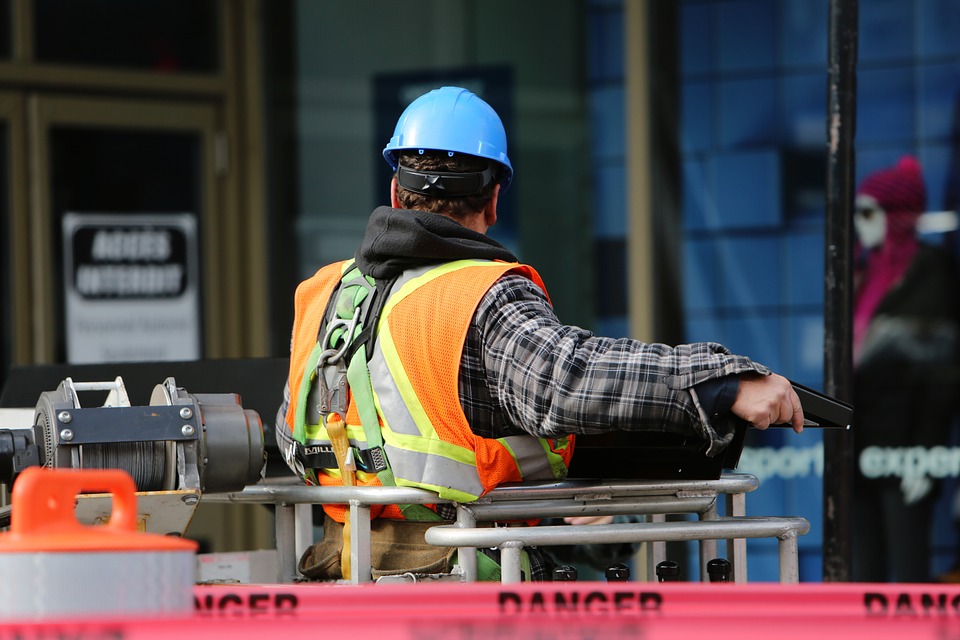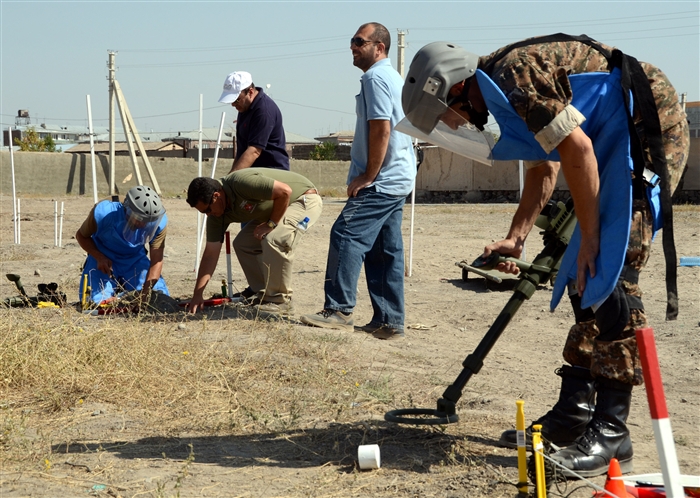Hungary – No, Viktor Orbán didn’t bring about a dictatorship in Hungary. What is more, he has managed this crisis remarkably well.
Professional liars
Even a global pandemic and the risk of a major economic crisis cannot stop Western professional liars from vilifying Viktor Orbán and Hungary. According to them, the Hungarian Prime Minister has “seized power” and, of course, is one step away from becoming a “dictatorship”.
Whilst the West is revealing itself to be a sinking ship incapable of planning or reacting adequately to protect their populations, or even capable of quickly mass producing masks made up of a piece of cloth and a couple of elastics; the psychopaths and worshippers of Western liberalism seem to have a need to reassure themselves as best they can, which is to jump on the Hungarian-bashing bandwagon.
Does anyone remember the hundreds of French “Gilets Jaunes” have been mutilated or had their eyes put out by the police under Macron’s orders? What about the criminal stubbornness to maintain the French municipal elections in the middle of a medical pandemic, which has already caused a number of deaths amongst polling-station officials? Should we mention the screening of hospital patients according to their age due to a lack of beds and ventilators? All of these things are mere peanuts compared to the European menace that is Viktor Orbán!
Seized power? What are we talking about exactly?
Hungarian officials have activated Article 53 of the Constitution (which can be consulted in English here):
State of Danger
Article 53
(1) In the event of a natural disaster or industrial accident endangering life and property, or in order to mitigate the consequences thereof, the Government shall declare a state of danger, and may introduce extraordinary measures laid down in a cardinal Act.
(2) In a state of danger the Government may adopt decrees by means of which it may, as provided for by a cardinal Act, suspend the application of certain Acts, derogate from the provisions of Acts and take other extraordinary measures.
(3) The decrees of the Government referred to in Paragraph (2) shall remain in force for fifteen days, unless the Government, on the basis of authorisation by the National Assembly, extends those decrees.
(4) Upon the termination of the state of danger, such decrees of the Government shall cease to have effect.
In comparison, Article 16 of the French Constitution gives more exceptional powers to than Article 53 of the Hungarian Constitution.
To invoke this article, Hungarian MPs voted a “state of danger” for the first time on 11 March 2020 for a period of 15 days. Afterwards, in accordance with constitutional provisions, they voted to invoke it for a second time for an unlimited duration which, in reality, is until the end of the “state of danger”, which can be declared with a simple vote in parliament.
This second vote was accompanied by a great political manoeuvre that Orbán orchestrated perfectly: On 23 March 2020, with the end of the 15-day “state of danger” period in sight, Orbán asked for a change to the parliamentary agenda in order to bring forward the vote on an immediate extension of the “state of danger”. This can be done via an exceptional procedure that needs the approbation of 4/5 of MPs but the coalition government “only” controlled 2/3 of the parliament. Therefore, it would need the support of opposition MPs and all of them (apart from those MPs belonging to Mi Hazánk – nationalists) refused to do so, using the pretext that the proposition to extend the “state of danger” did not include a time limit.
Consequently, it wasn’t until 30th March that the “state of danger” was extended. From a legal point of view, the provisions had ceased to exists for a few days but were still being enforced on the ground. However, the manoeuvre was sufficient enough to accuse the opposition of jeopardising Hungarian government’s defence policy.
The “state of danger” grants the right of the government to rule by decree in all areas that are concerned by the “state of danger” and only in those areas.
So, to make things simple: Due to the urgent nature to act against a global pandemic the Hungarian government, not wanting to get bogged down by parliamentary procedures and force to bring together hundreds of MPs, attachés and civil servants in dangerously close proximity to one another, has decided to adopt quick measures by decree in areas threatened by the coronavirus.
One of the more controversial areas where the government has acted using the new powers given by the “state of danger” is the spread of fake news. Both the opposition and Western journalists see an attempt to silence freedom of speech, which is laughable as Hungary enjoys much greater freedom of speech than many other Western countries. In actual fact, the government has acted to stop one individual from spreading the fake news (which have been subsequently spread by many media outlets) that Budapest was under special quarantine. Such fake news has the potential to create panic amongst the population (who can forget the panicked flight of Italians from the north of the country to the south), which can help the spread of the virus.
Let’s remember that Viktor Orbán has an absolute majority in the Hungarian parliament. Consequently, he already didn’t have any parliamentary obstacles to any legislative proposals that he might want to wish to become law. This situation has come about as a consequence of what the Hungarian people voted for in 2018, when Orbán’s party won 49% of the vote and the main opposition party only got 19%.
While the opposition is making a fool of itself by shouting on the rooftops that a dictatorship is establishing itself within the country, the mayor of Budapest’s 11th District (run by the opposition) decided to take advantage of the current situation to create new media and parking companies without getting prior permission from the district’s municipal council. Should we therefore all be screaming that there is a dictatorship taking control of the 11th District?
Whether Mr. Orbán, or the actions of his government, is your cup of tea or not, he has once more taught a master political lesson to his opponents (despite having been weakened at the municipal elections of October 2019). Even one of his old main opponents, Gábor Vona (ex-chairman of Jobbik and now retired from politics) has conceded that the opposition got it all wrong. He predicts that Viktor Orbán will not use his new powers inappropriately, that he will hand them back when the time comes and will thus appear to be the guardian of democracy and a hero in the fight against the coronavirus. In essence, the opposition will lose votes at the 2022 legislative election.
Faced with these cries of dictator, Orbán has pointed out to his opponents that they have been crying out that a dictatorship is taking over every day for the last ten years. By doing the same yet again over the declaration of a “state of danger”, the opposition have just shown once more that Hungary is in fact a democracy. During the vote for the extension of the “state of danger”, Orbán concluded his speech by telling his opposition that they’ll have the opportunity to apologies for their reaction when the government hands back the extraordinary powers granted to it by the “state of danger”.
Orbán has handled the crisis well
And what of the coronavirus? In the weeks preceding the crisis, Mr. Orbán did not go out to the theatre and his wife did not take a stroll along the Danube (translator’s note: Emmanuel Macron, the French President, who did famously go out to the theatre and advised his countrymen to do the same whilst his wife continued her walks along the river Seine). Mr. Orbán, being a responsible statesman, informed the population of his country the danger of the situation, the long and hard times ahead and took the necessary steps to protect them (translator’s note: the French government, whilst calling for people to confine themselves, allowed the first round of municipal elections to take place during the pandemic and then, afterwards, cancelled the results and went into lockdown, causing only confusion amongst the population).
By keeping his countrymen advised regularly of the reality of their situation and by not taking the population by surprise with a harsh lockdown, Viktor Orbán has greatly limited the spread of the virus in his country. He has even managed the crisis in such a way that the masses of panicked people suddenly flooding train stations and supermarkets, which must be avoided at all costs in order to avoid a sudden spread of such a contagious disease, did not happen in Hungary but were to be seen everywhere in Italy and France.
All this was made possible because the vast majority of Hungarians, including those that did not vote for Orbán, understand that in crisis periods, what the Prime Minister says can be trusted. Furthermore, what could be more important (in crisis periods) than the cautious action of a government coupled with the confidence of its people?




